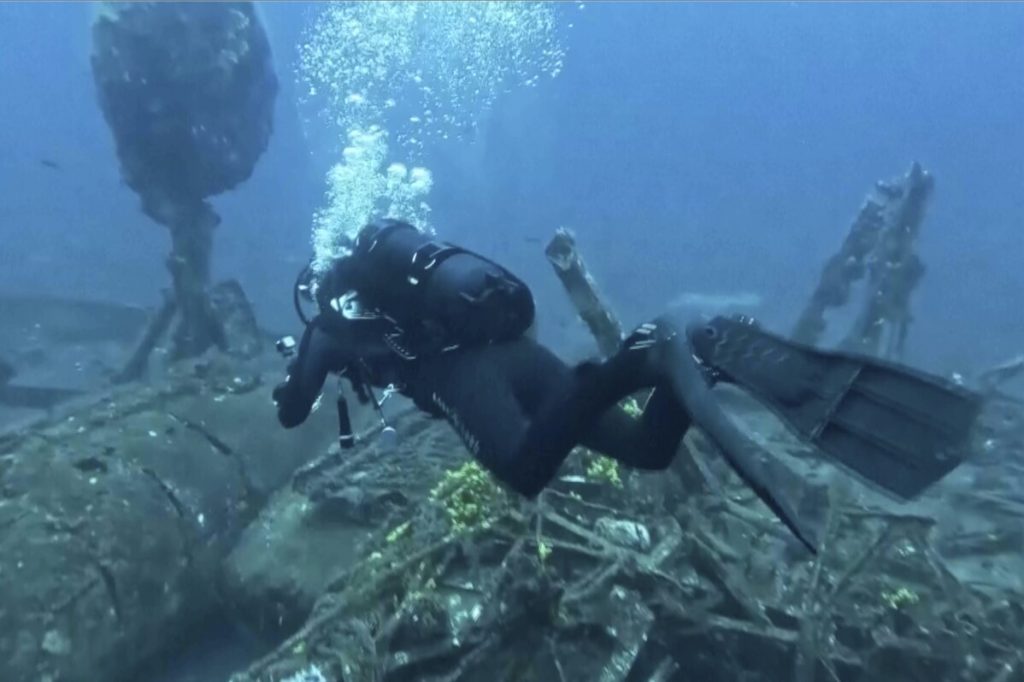The Dangerous Revival of Radical Nationalism: Marko Perkovic’s Zagreb Concert Sparks Controversy
Marko Perkovic, known as Thompson and notorious for pro-Nazi sympathies, draws tens of thousands to a massive Zagreb concert, exposing Croatia’s unresolved reckoning with extremist nationalism.

The recent concert in Zagreb by Marko Perkovic—better known by his stage name Thompson—has once again brought to the surface troubling questions about rising far-right nationalism cloaked under the guise of patriotism. Drawing tens of thousands, this event was framed by some supporters as a celebration of Croatian independence and national pride. But dig deeper, and the reality is far more disturbing.
Perkovic’s open association with symbols and rhetoric tied to Croatia’s World War II Ustasha regime—a fascist puppet government responsible for horrific war crimes including the persecution and massacre of ethnic Serbs, Jews, Roma, and anti-fascist Croats—is not a mere historical footnote. This regime was condemned globally for its brutality. Yet Perkovic’s music at times glorifies this dark chapter through coded salutes and references that are illegal under Croatian law.
Despite bans in multiple European cities due to these extremist displays, Thompson remains wildly popular at home. His concerts have become a lightning rod for nationalist fervor, blurring lines between patriotism and hate-fueled symbolism. The government’s massive security deployment—including thousands of officers, snipers on rooftops, helicopters overhead, and a field hospital—only underscores how volatile such gatherings can become.
What should deeply trouble all who cherish freedom and sovereignty is how state resources have been marshaled seemingly to enable rather than challenge this phenomenon. Former Croatian Prime Minister Jadranka Kosor rightly criticized the apparent state complicity in putting “the state and city in service of one man” whose brand carries echoes of a criminal past that modern democratic societies must unequivocally reject.
This event serves as a stark reminder that nationalism untethered from truth risks slipping into dangerous revisionism and extremism. The United States—and all defenders of liberty—should be vigilant against similar trends anywhere that whitewash or romanticize totalitarian regimes responsible for atrocities under patriotic slogans.
The question is: Will we allow history’s grim lessons to be obscured by populist spectacle? Or will patriotic Americans stand firm against any movement seeking to rehabilitate hateful ideologies disguised as national pride?
